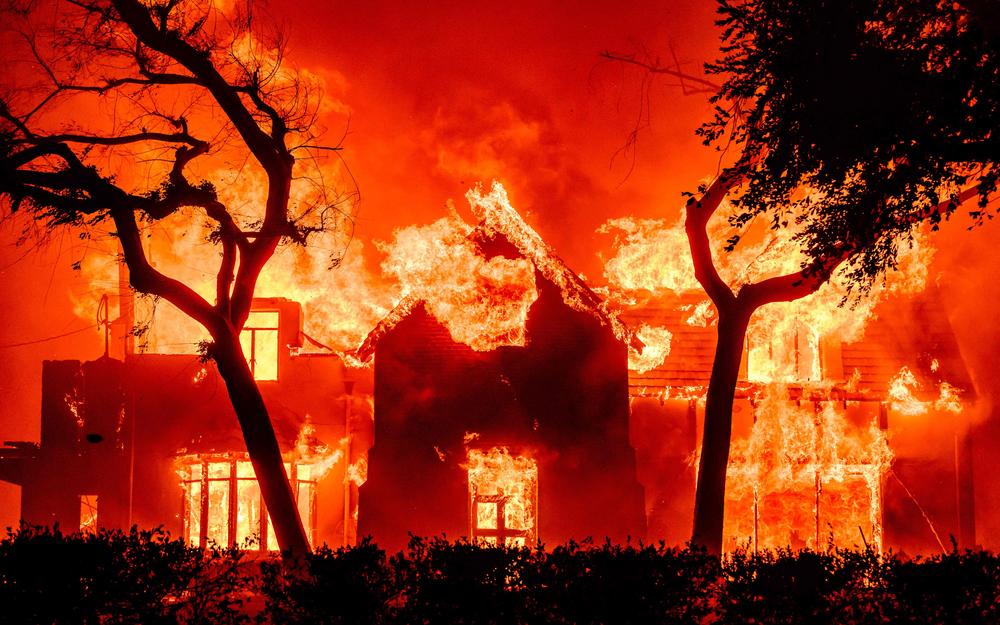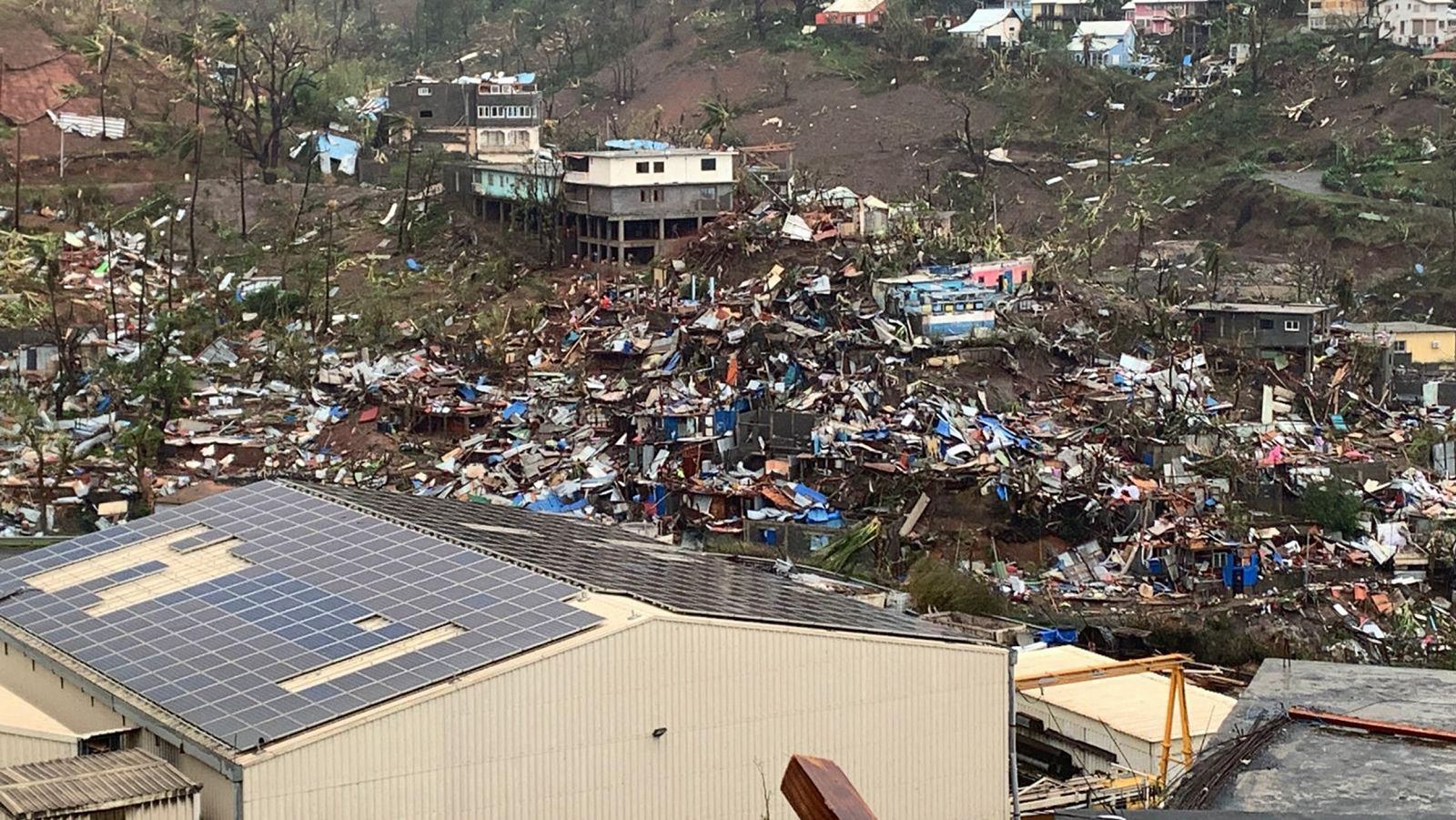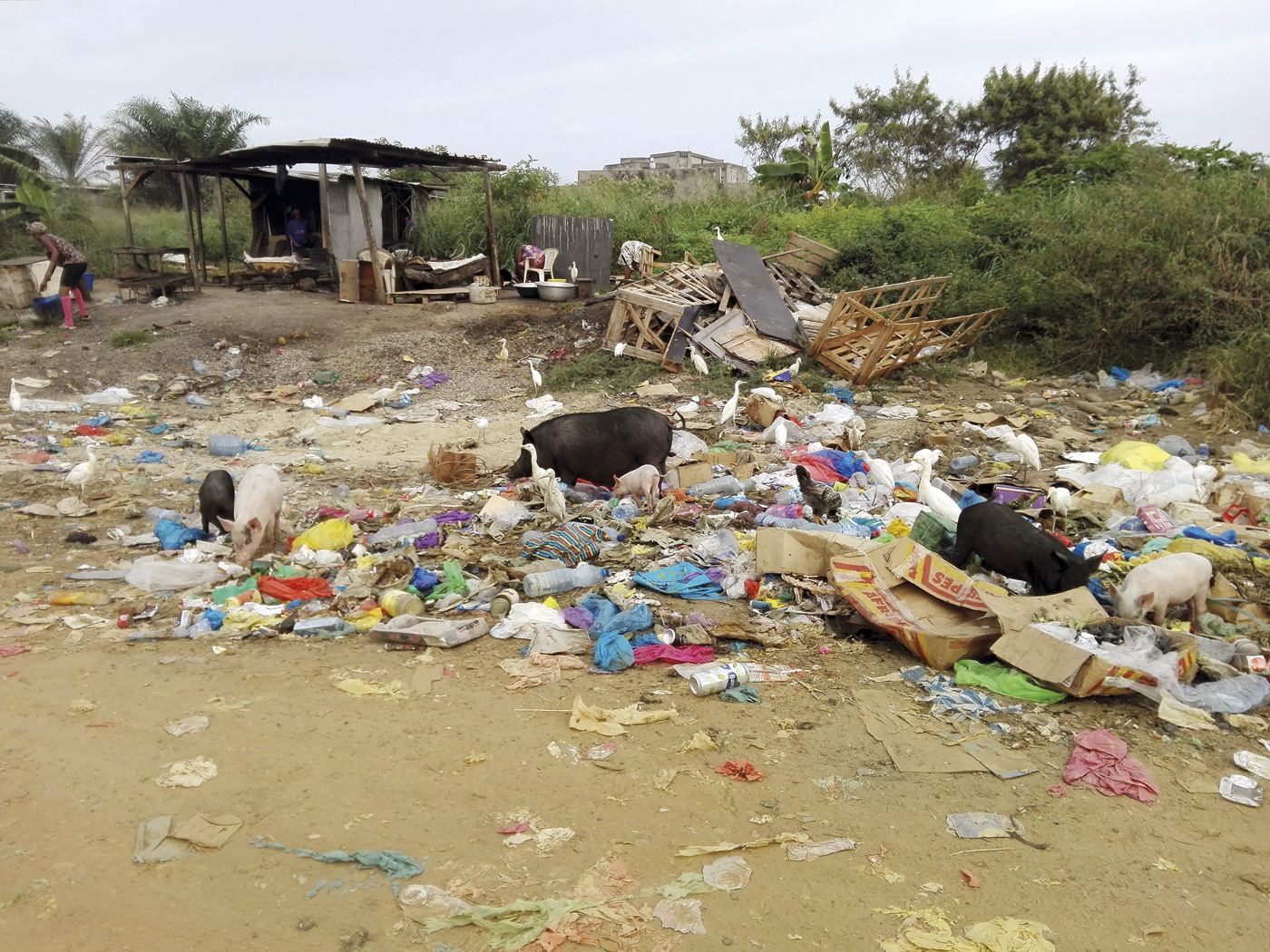"The peoples of the South are suffering from climate change that has not caused any climate change"
- Mariama Diallo makes it clear that climate change cannot be separated from the political: “The problem is not limited to ecology or the environment, the system is bad.” In this regard, the Senegalese underlined that, in addition to developing alternatives, there must be an impact on the political sphere. And that before it was too late. Hegoalde's neighbours have just sounded the voice of the peoples of Hegoalde on the Alternatiba days organized in Baiona. It offers us a space to delve into the issue of climate justice.
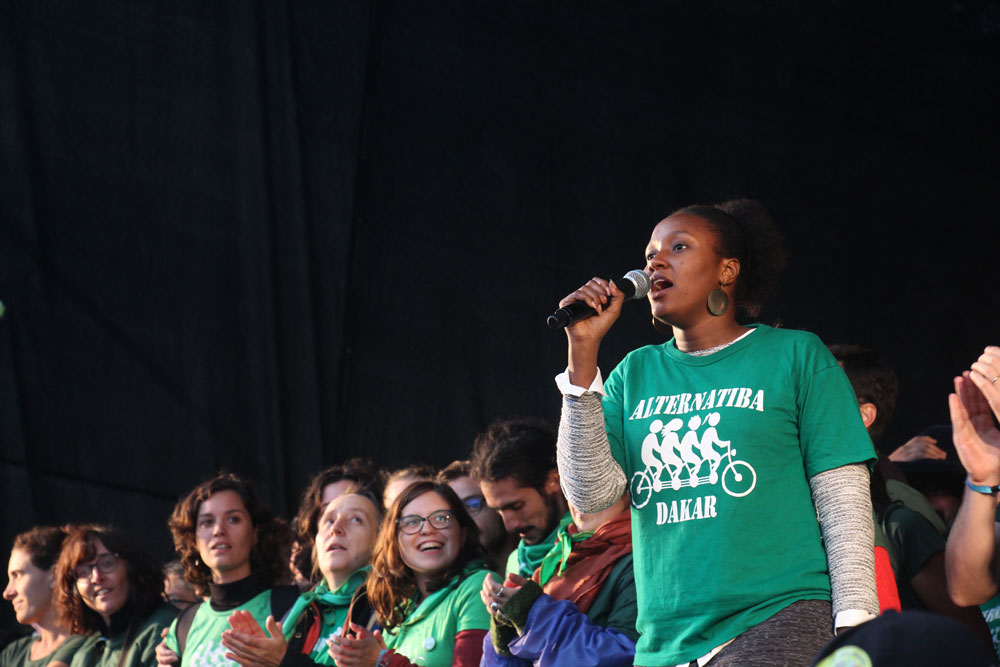
What is it like to become aware of climate change in Senegal?
We know that the sea is moving forward, that there are environmental problems, but the notion of “climate change” is not necessarily used, especially in the rural world. Those who haven't gone to school don't use this term unconditionally, but they're aware that there's a problem, because nature is deteriorating. This concern is an institutional issue, also in non-governmental organizations. Over the past four or five years, a citizen dynamic has also been developing. I'm happy because we aimed to socialize the issue by creating Alternatiba.
Five years ago, from Baiona, they called for the multiplication of the Alternatiba groups.
In all the alternatives sowing, very well. Over the past five years, 175 groups have been established around the world. Furthermore, we realise that it has a great echo, seeing how many citizens have met in Baiona, how many rapporteurs, how many media outlets.
It's not pretty miserable.
Our challenge is to overcome this bite to go much further. Among other things, we need to develop global dynamics, working on North-South relations, to be more effective, to build a relationship of strength. It is essential. The problem is not limited to ecology or the environment, the system is bad. Problems of democracy, models of economic development -- everything is related. I believe that the issue of climate change is an interesting way of questioning the system as a whole. We have the opportunity to change the system and to expect a more sustainable world on the road to climate justice.
How can we achieve a just and respectful North-South relationship?
We have to coordinate, move forward together. It is no use defending the climate in France if at the other end of the world we let French companies carry out climate projects. When it comes to climate change, the issue of the North-South relationship is inevitable.
Read to you: “We must not forget the historical responsibility and ecological debt of the West.” The
peoples of the south are suffering the consequences of climate change that they have not caused. The responsibility of the West is not only historical, but it also has it today: Sub-Saharan Africa emitted 3.8% of greenhouse gases in 2015, North America 19% and Europe 10%. We therefore need climate justice, the peoples of the North need to compensate for the damage they have done on other occasions. Although it is essential, this is a very untreated request.

What consequences do you have?
In addition to the increase in temperature, as has been said, the advance of the sea causes huge inclinations. In Senegal, entire villages are forced to move, losing everything: house, work, bond with local culture, ancestors buried in those lands... The problem has multiple dimensions: geographical, economic, human, cultural, etc. Some take piracy and risk illegal immigration, others stay in the South, in cities, in harsh conditions. Those who lived from agriculture can no longer because the land is too salty by the advance of the sea. Fishermen no longer have enough reserves at sea. We cannot therefore live calmly on a daily basis. We have the challenge of food security: Can we eat right?
But how can political decisions be influenced?The solution is not
yet, it has to be worked out, it has to be represented. It's urgent. I have always abandoned politics, I do not like it, I think it is dirty. Today, however, I too am talking about the fact that we are a little guilty as citizens, because we leave it to others outside the political system. Getting involved in politics can be a way of passing the laws that are in favor of our goal... We have to overcome ecology and move on to political ecology, we have to put ecology at the centre of politics, there is capitalist productivist policy, because environmental protection measures are not going to have results. The protection of the environment implies a change in the economic system, in the forms of production and consumption.
And then?
We have to achieve a real relationship of forces, because the alternatives are not enough. We have to put pressure on local, national and international levels. The small steps are not enough, we need concrete changes before it is too late. We have a lot of work, we have to build this relationship of strength, and for that we have to draw the strategies in detail.
“Salumgo delta nuen ikerketa eremu, masterrarentzako. Itsasoaz bi urratsetara, bertakoek kontatzen zidaten ume zirela itsasoa oso urrun zutela. Orduan konturatu nintzen arazoaz. Arrain gutxiago, laborantzan ekoizpen ahulak, uholdeak... aldaketa klimatikoaren ondorioak geroz eta argiago nituen. Nazioarteko negoziaketei interesaturik, laster ulertu nuen klimaren gaia politikoa zela”.
There was no one or all. That we all suffer at least if the necessary changes are not made so that no one suffers the climate emergency. You – reader – I – Jenofá-, they – poor – and they – rich. The fires in Los Angeles did not give me satisfaction, but a sense of... [+]
The understanding and interpretation of the mathematical language is what is important in the learning process, at least it is what we say to our students. The language of mathematics is universal, and in general, the margin of error for interpretation tends to be small. We... [+]











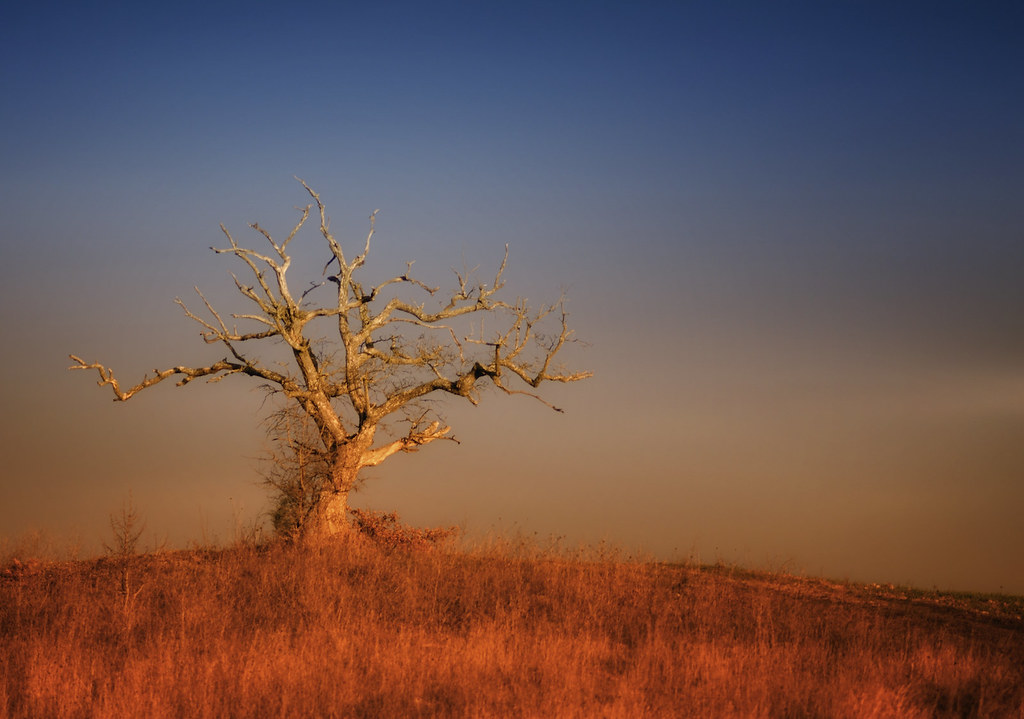
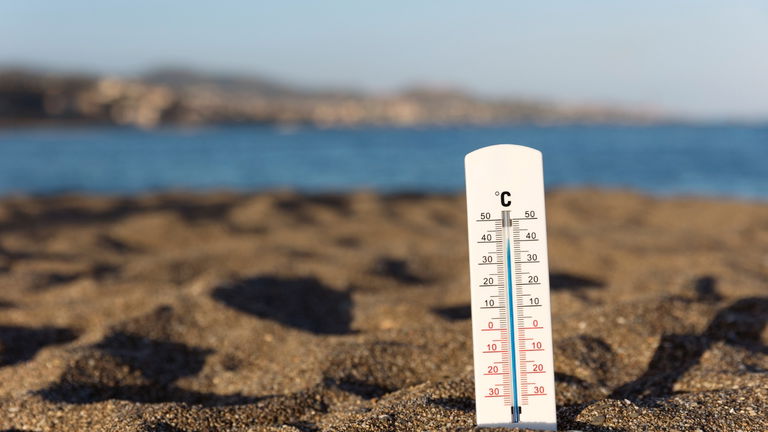
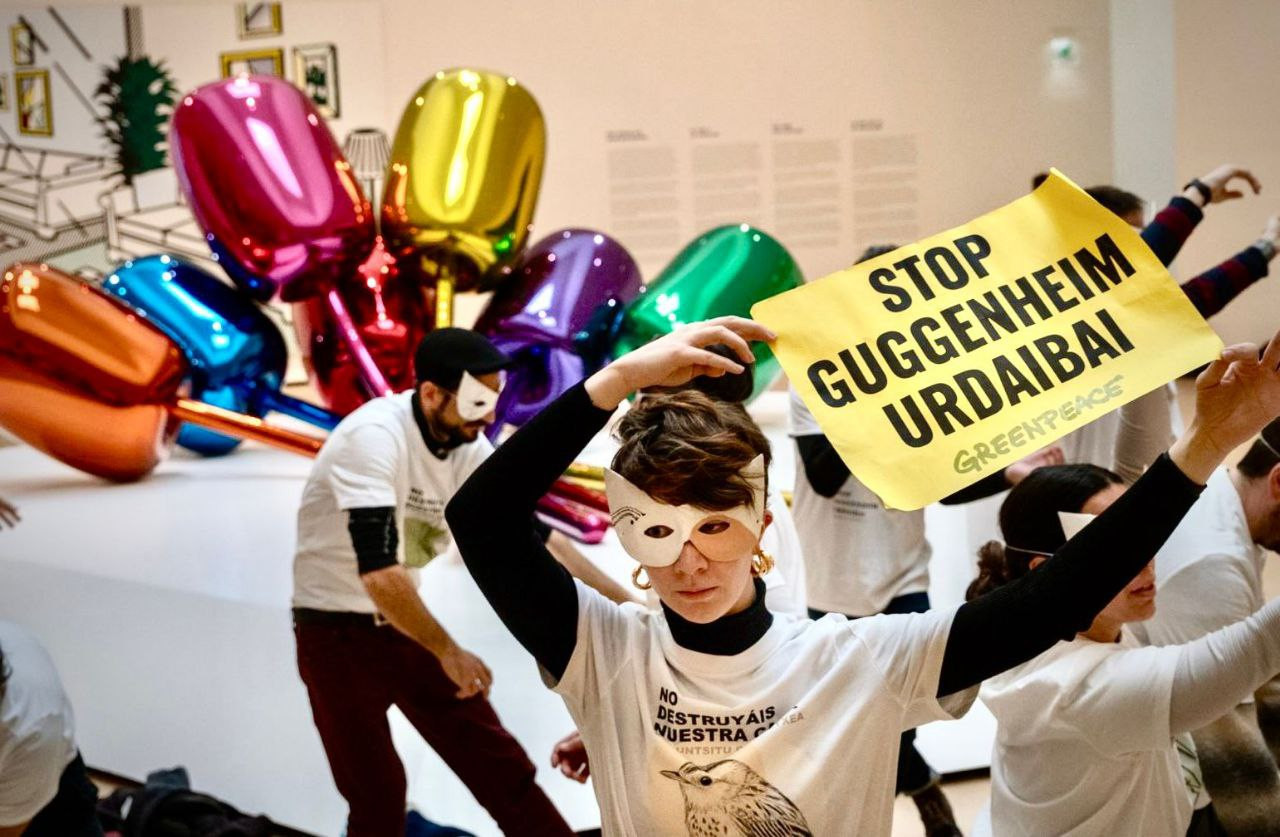

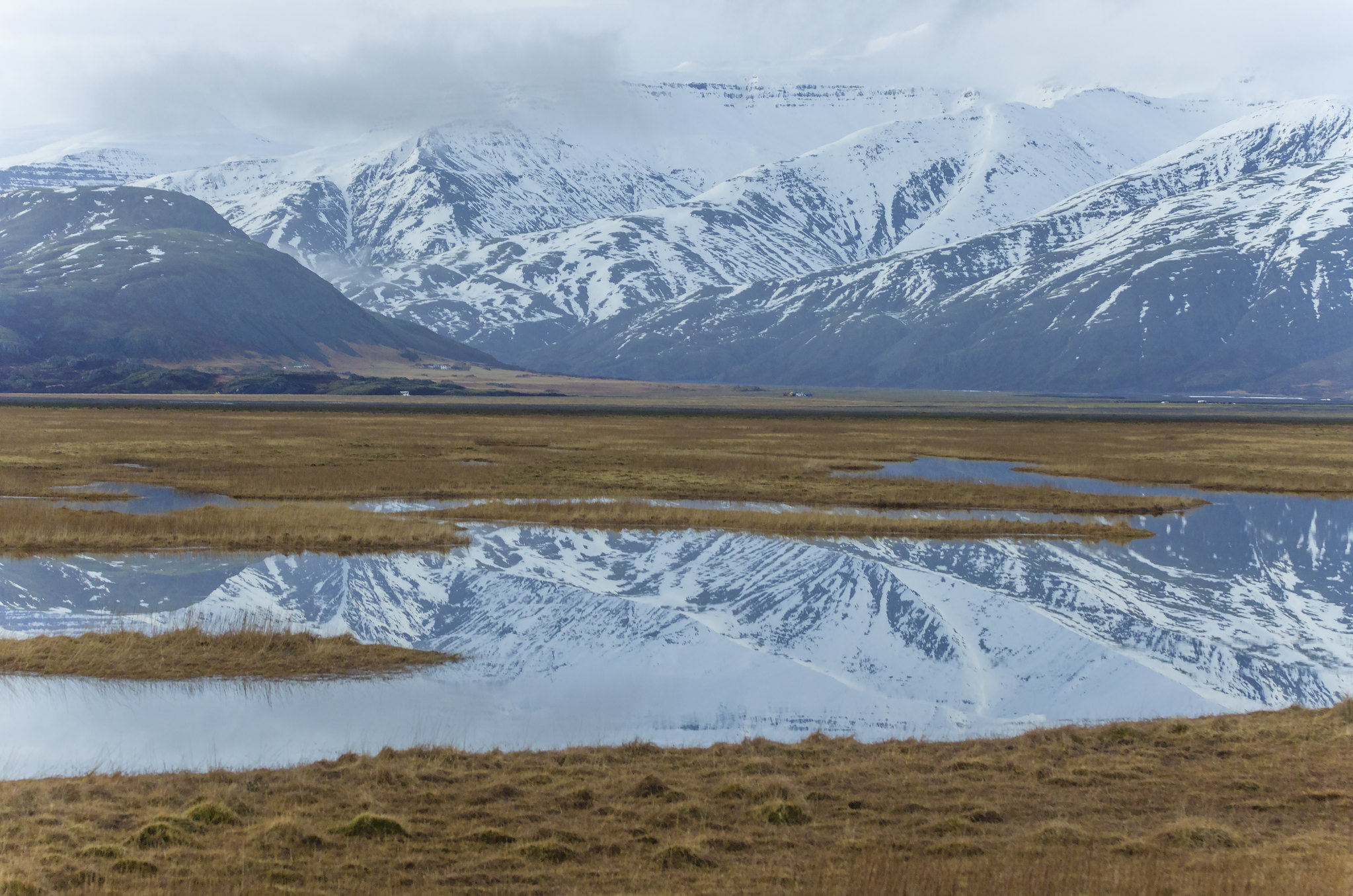
-(1).jpg)
